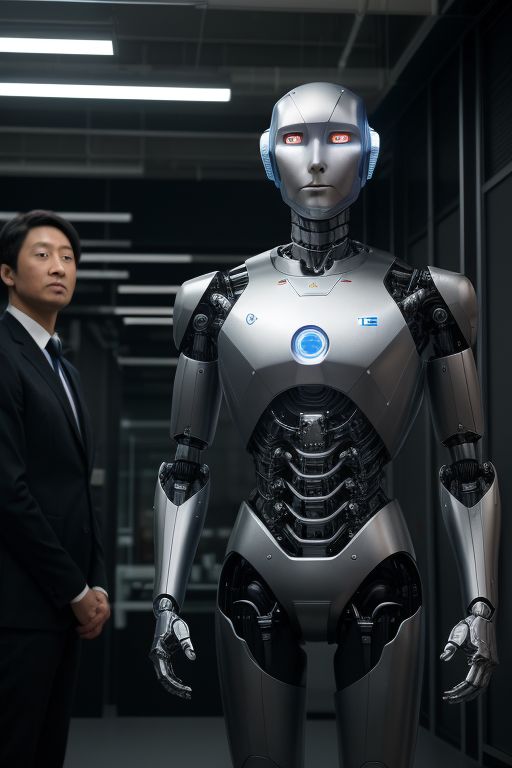Physical Human-Robot Collaboration (pHRC) – Research Challenges and Applications
Seminar presented by Distinguished Lecturer Prof. Dikai Liu
|
The IEEE-Robotics & Automation Society (RAS) Jt. Washington D.C. and Northern Virginia Chapter cordially invite you to attend a Distinguish There has been increasing interest in the use of intelligent robots that can interact, assist and collaborate with humans. However, a number of key research challenges need to be addressed before robotic systems can be deployed to physically collaborate with human co-workers with varying strengths and in typically unstructured industrial environments. The talk will first discuss challenges of research on physical human-robot collaboration (pHRC), then the development of intelligent robotic coworkers that physically collaborate with humans performing labor intensive tasks such as abrasive blasting and patient handling. Topics include (1) assistance-as-needed paradigm; (2) control methods of robotic co-workers; (3) safety framework for physical human-robot collaboration; (4) brain-robot interface for intuitive human-robot collaboration; (5) modelling of human performance in pHRC; (6) development of robotic co-workers: an Assistance-as- Needed roBot (ANBOT) and a Smart Hoist. Attendees are eligible to receive an IEEE Certificate of Continuing Education Units /Professional Development Hours (CEU/PDH) by attending the full duration of the presentation, completing, and submitting forms at the close of the program. |
 |
Date and Time
Location
Hosts
Registration
-
 Add Event to Calendar
Add Event to Calendar
Loading virtual attendance info...
Speakers
Dikai Liu of Robotics Institute at the University of Technology Sydney (UTS)
Physical Human-Robot Collaboration (pHRC) – Research Challenges and Applications
Current applications of robotics is distinguished from more traditional automation by the focus on robots that operate autonomously in unstructured and dynamic environments, or collaboratively with humans. There has been increasing interest in the use of intelligent robots that can interact, assist and collaborate with humans. However, a number of key research challenges need to be addressed before robotic systems can be deployed to physically collaborate with human co-workers with varying strengths and in typically unstructured industrial environments. This talk will first discuss challenges of research on physical human-robot collaboration (pHRC), then the development of intelligent robotic coworkers that physically collaborate with humans performing labour intensive tasks such as abrasive blasting and patient handling. Topics include (1) assistance-as-needed paradigm; (2) control methods of robotic co-workers; (3) safety framework for physical human-robot collaboration; (4) brain-robot interface for intuitive human-robot collaboration; (5) modelling of human performance in pHRC; (6) development of robotic co-workers: an Assistance-as- Needed roBot (ANBOT) and a Smart Hoist.
Biography:

Address:Sydney, Australia
Agenda
15:45 – 16:00 Welcome remarks, RAS Chapter Chair
16:00 – 16:45 DL Speaker, Prof. Dikai Liu
“Physical Human-Robot Collaboration (pHRC) – Research Challenges and Applications”
16:45 – 17:00 Questions and Answers
17:00 – Closing Remarks / Adjourn

